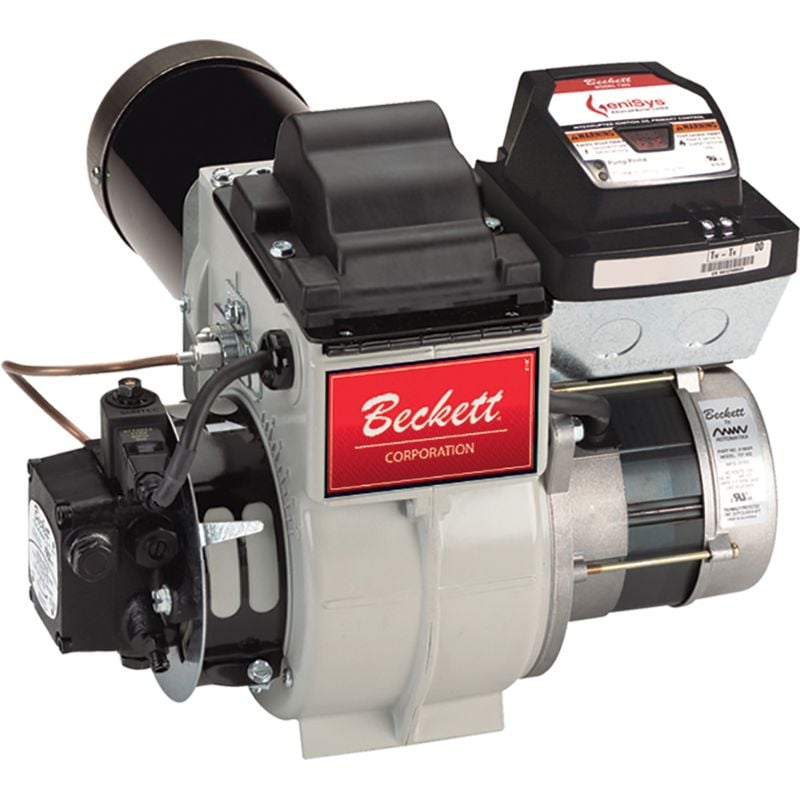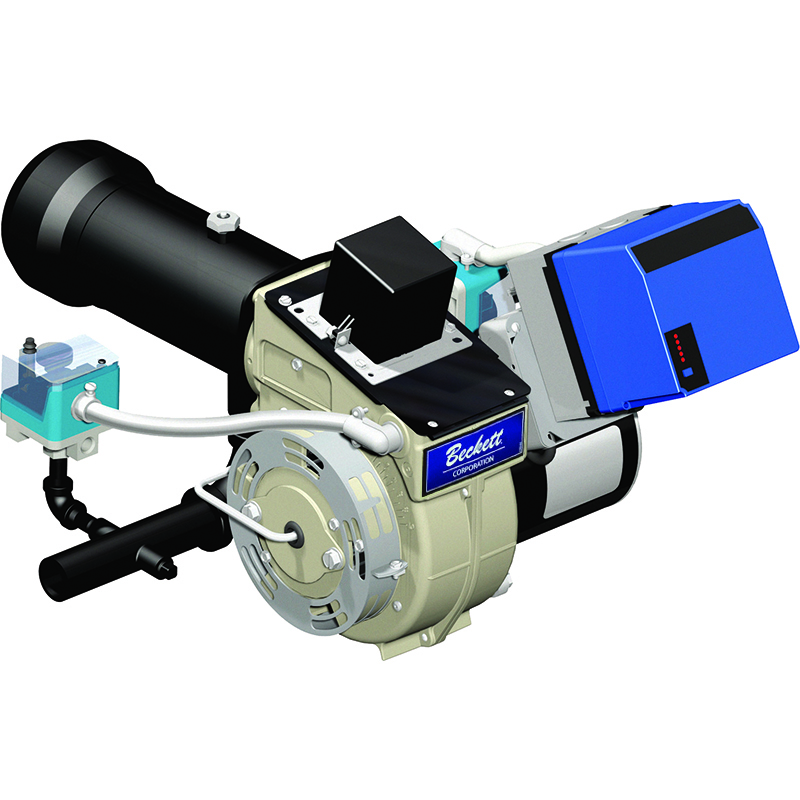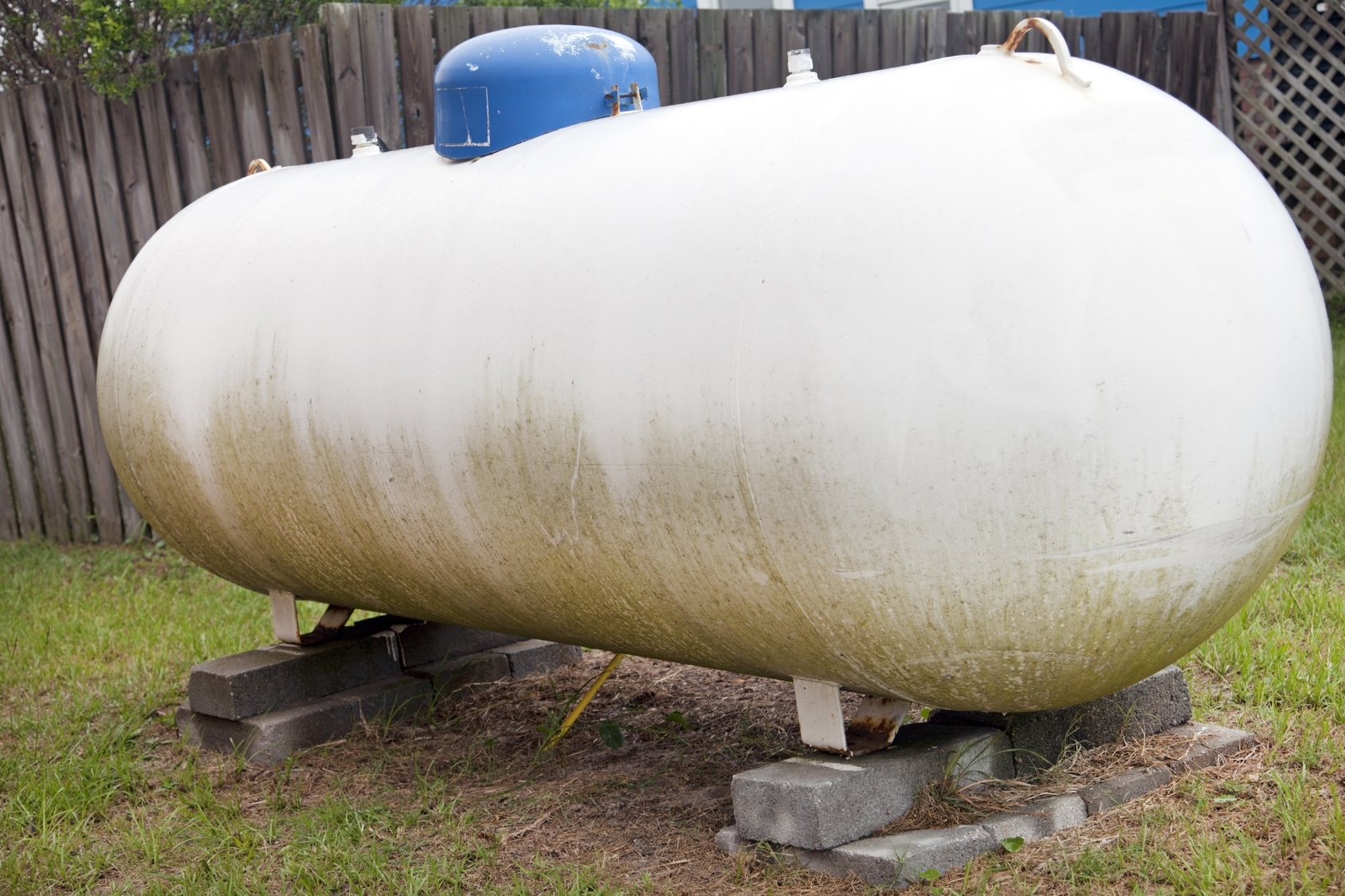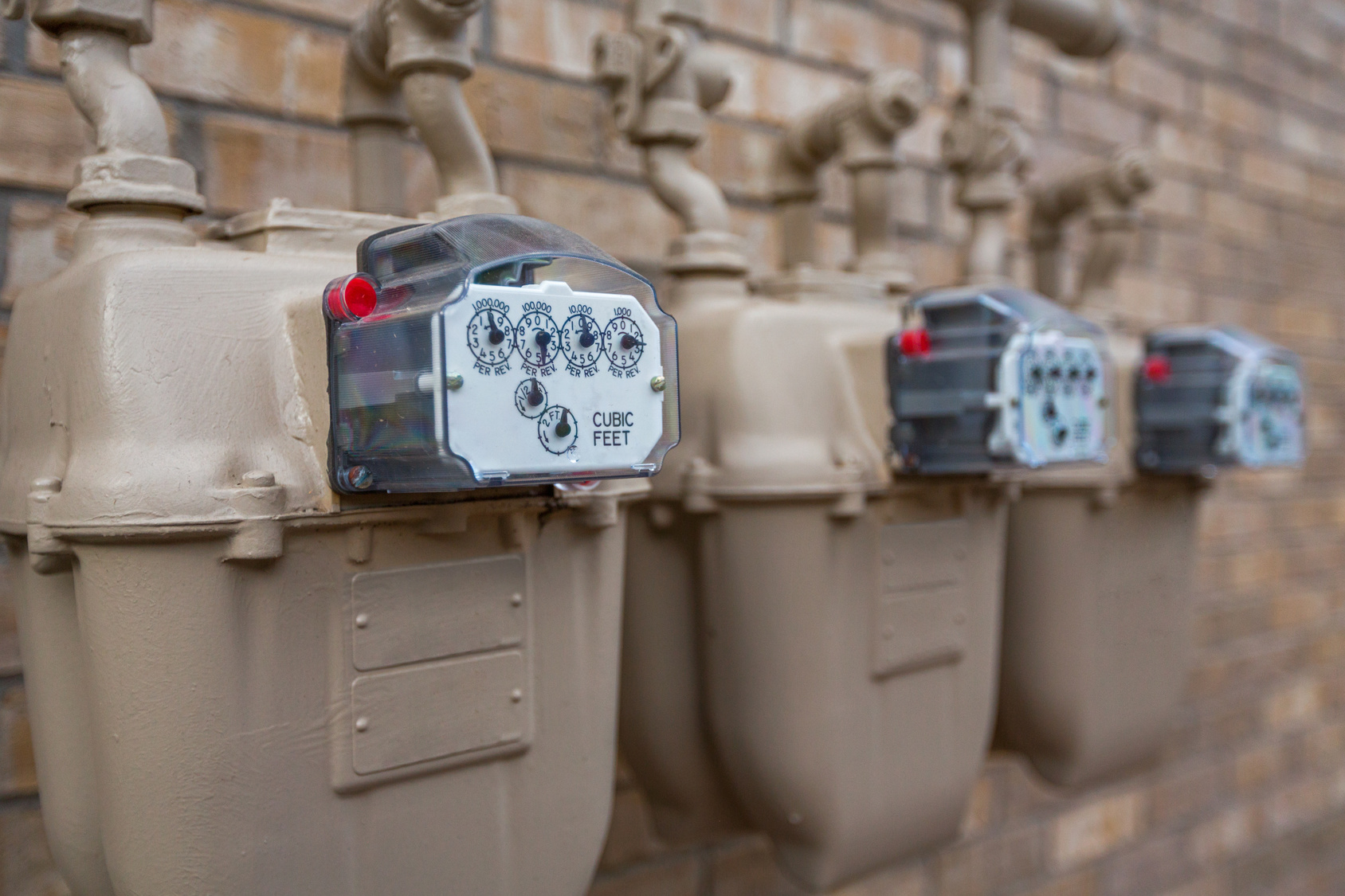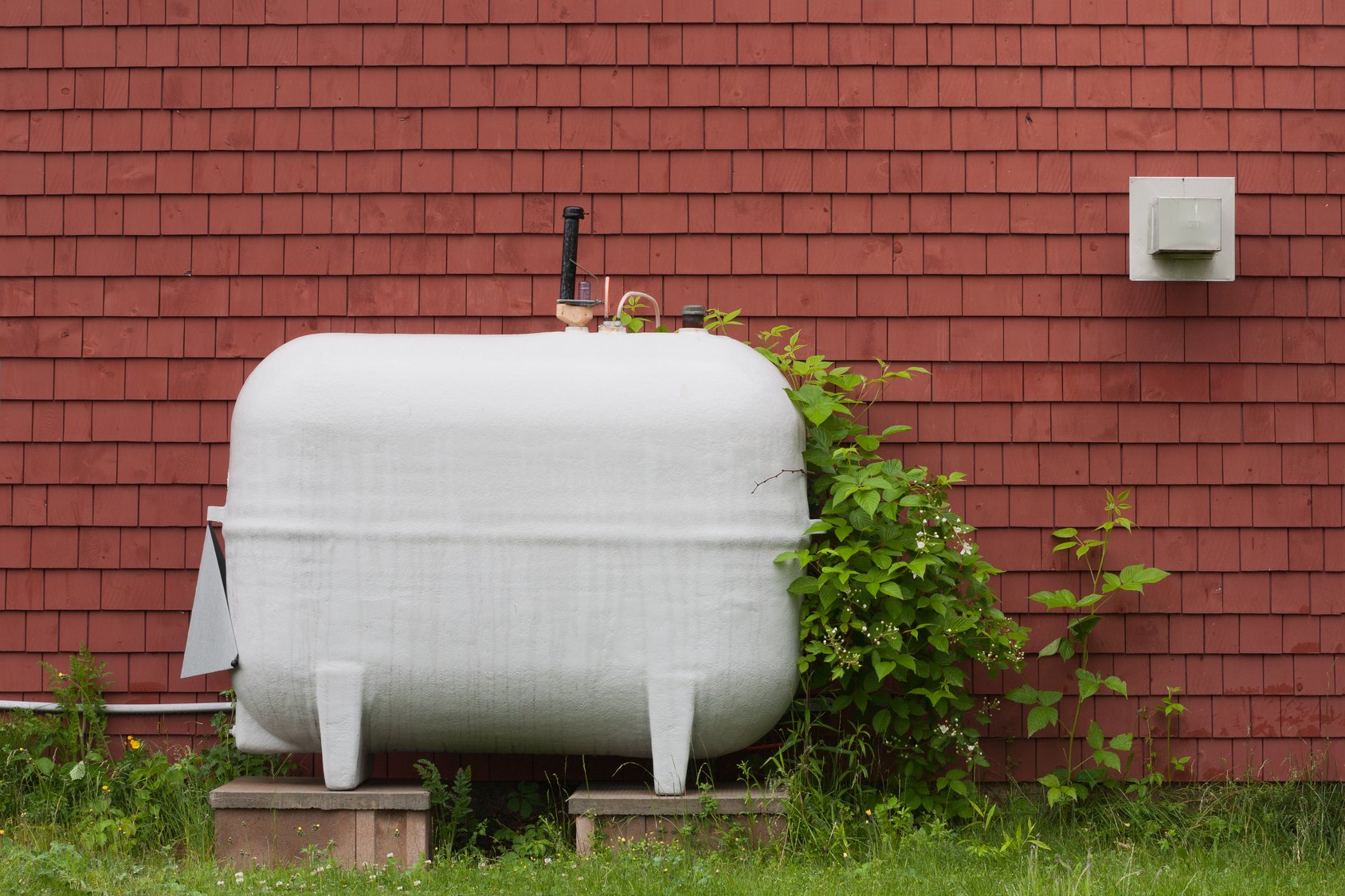A modern oil burner performs an incredibly important function within the heating system: it provides the energy that allows the rest of the system to operate. However, in order for the burner to ensure that the system run efficiently and reliably, it needs a good source of three main components: fuel, air, and heat. When an oil technician makes adjustments to the burner and these components are kept in the right balance for proper operation, an oil burner can continue to provide reliable, clean energy to the heating system.
As alternative fuels, green diesels provide a wide variety of environmental benefits, from lower emissions to efficient energy. Because the two main types of green heating fuels — biodiesel and renewable diesel — are still relatively new to the industry, many are still unaware of how the fuels are made and where they come from. In fact, the raw materials that are used to produce biodiesel and renewable diesel actually account for the bulk of their ultimate sustainability as fuel sources.
Topics: Green Fuels
In order to heat a space of any given size, a natural gas heating system needs the right components for the job. While all system parts are certainly important, the burner is an especially crucial piece of the puzzle. A natural gas burner provides the energy for the entire heating system by burning the fuel, which in turn heats the vessel while byproducts are drawn out by a fan or chimney. However, the type of heating system determines the type of burner that's necessary for optimal performance.
Topics: Heating Technologies, Burner, Gas Burners
What Homeowners Should Know About Heating with Propane
Choosing the right type of heating system for your home all depends on your heating needs and what's accessible to you in your area. For homeowners who are looking for the versatility of a gas product that can power multiple appliances, propane may be a beneficial option for you. Liquid propane (also known as liquefied petroleum gas, or LPG) can be widely used to both heat your home and power an array of appliances in your home, but there are some basic things you should know before making the switch to propane heat.
Topics: Heating Types, Propane
Advances in electronics technology are making an exciting impact in our oil heat industry. These developments have enabled control manufacturers to put high performance features into residential primary controls. Residential controls are now being made available to you that have features that were previously found only with the expensive primary control units for commercial or industrial applications. Features like valve-on delay (pre-purge), burner motor-off delay (post-purge), and interrupted duty ignition are becoming universal. Preignition, limited reset, recycle, and alarms contacts are also helping to make today’s controls advanced and powerful tools.
Topics: Primary Controls
The Benefits of Heating with Today's Green Fuels
The need and desire for cleaner, greener heating solutions is greater today than it's ever been before. With concerns about global warming and the impact of the heating industry on the ride, consumers and commercial representatives alike are in need of new alternatives that are more environmentally conscious. Luckily, there is a solution on the horizon of the heating market in the form of two innovative new fuels: biodiesel and renewable diesel. These fuels, when used in heating applications, are formulated to be friendlier to the environment than traditional fuel types.
Topics: Green Fuels, Renewable Diesel, Biodiesel
In the history of heating and combustion technology, manufacturers and heating specialists alike have made huge improvements in the arenas of heating efficiency and safety. One of the most significant developments in terms of heating safety is the introduction of the burner primary control, which communicates with other heating components and oversees the safe operation of the system. However, systems haven't always been designed this way. As heating systems evolved the primary control became an integral part of the heating system, striving for safety while delivering automatic comfort.
Topics: Oil Heat, Natural Gas Heat, Primary Controls, Heating Technologies
What Homeowners Should Know About Natural Gas Heating
Homebuyers and homeowners across the U.S. have a variety of fuel choices available to them when it comes to heating their homes. While there are plenty of factors to consider when making that choice, being educated about the various fuel types is the best way to ensure the choice they make is the right one. One of the most common fuel types — and one of the most common choices, especially in the Northeast — is natural gas, which has been used in heating since major pipeline infrastructure was constructed starting in the 1920s and booming after WWII.
Topics: Heating Types, Natural Gas Heat
When heating with gas or oil, safety is always the top priority, and over the years, OEMs have counted on the innovations of their suppliers to improve the safety conditions inside their systems. In general, heating safety hinges on every part of the heating systems interacting correctly with the other components they are connected to. But when there are so many vital parts in the system that need to constantly be interacting, the best way to ensure that heating is carried out safely is to introduce a part that oversees the entire combustion cycle — the primary control.
Topics: Oil Heat, Natural Gas Heat, Primary Controls, Heating Technologies
What Homeowners Should Know About Residential Oil Heat
When you're looking to purchase a new home, there are plenty of factors to consider, from location to price to all the little details that will affect your lifestyle in a certain house. There's a lot of research to be done during the home buying process, and that includes looking into the type of fuel that will be used to heat your home and the implications of it.
Topics: Heating Types, Oil Heat, Residential


